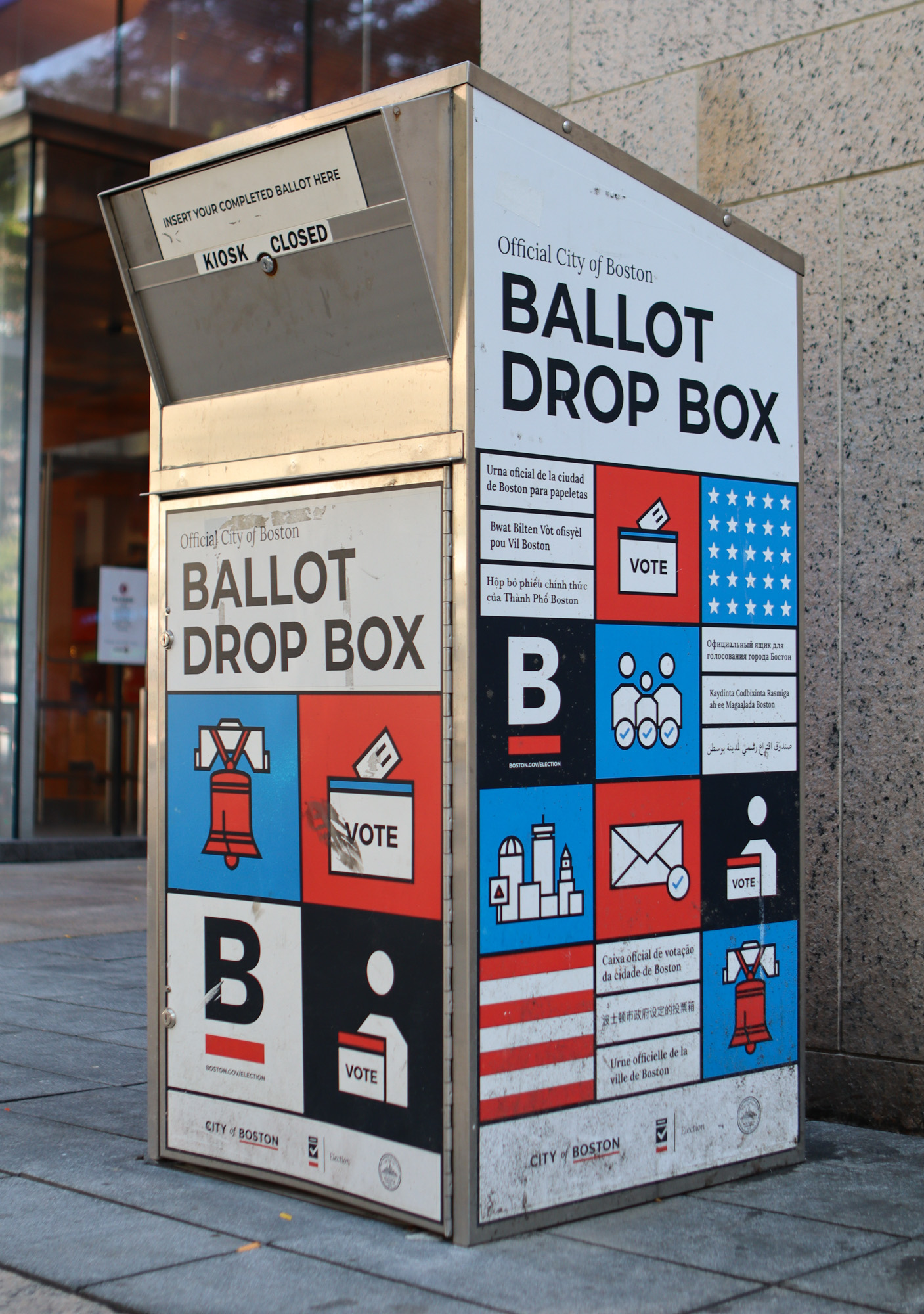Sage Silberman, a sophomore at the University of California Santa Cruz, took a DNA test during her junior year of high school. She was searching for clarity on her ethnicity, but she discovered something else.
“It said on there that I had multiple half-siblings,” Silberman said, and, in search of more answers, she asked her parents why. They told her she was born through in vitro fertilization: the process by which an egg is fertilized outside of the body, then placed back into a uterus.
“So basically they forgot to tell me, and I discovered on my own accord,” Silberman said.

Infertility affects millions of people in the United States, according to the U.S. Department of Health and Human Services. IVF, which is a form of assisted reproductive technology, represents more than 99% of those procedures.
“You can scratch any family and find somebody in the family who’s used IVF in one way or another,” said Robin Marantz Henig, a journalist and the author of “Pandora’s Baby,” a book about the history of IVF. “It’s about family building. It’s about wanting to have a pregnancy.”
The treatment stems back 45 years. The first live birth from IVF occurred in 1978, marking a major milestone and decades of research on reproductive medicine, according to the National Library of Medicine.
Laws concerning IVF and other fertility treatments are currently determined on a state-by-state basis. The Massachusetts Infertility Insurance Mandate requires insurance companies to cover treatments like IVF in the state.
“The strongest mandate is Massachusetts,” said Wendy Kuohung, an associate professor of OBGYN at Boston University Chobanian & Avedisian School of Medicine. “They mandate coverage of six IVF cycles, where almost [all] other states don’t have that much coverage mandated.”
In February, the Alabama Supreme Court ruled that frozen embryos, or fertilized eggs, should be considered children. If an embryo is somehow destroyed, it is considered a “wrongful death of a minor,” according to the court ruling.
As a result, IVF clinics in Alabama temporarily stopped IVF procedures. Although the ruling pertains to the state of Alabama, that does not stop people across the country from feeling uneasy.
“We’re in Massachusetts, but yet I still had anxious patients calling and asking, ‘How does this ruling impact my care?’” Kuohung said. “It’s understandable because patients undergoing infertility therapy are anxious to begin with.”
Outside its existing legislative protections in Massachusetts, IVF has come under national scrutiny, which coincides with the upcoming presidential election.
In response to restrictions on IVF, Democrats in Congress have proposed legislation like the Access to Family Building Act, which would grant individuals the right to access to assisted reproductive technology and the rights to use reproductive materials without restrictions.
At a Michigan rally on Aug. 29, former President Donald J. Trump announced that, under the Trump Administration, the federal government or insurance companies will cover costs associated with IVF treatment. However, Republicans in the Senate struck down a bill last Tuesday that would provide nationwide access to IVF treatment.
“[Congressional Republicans’] opposition to a woman’s freedom to make decisions about her own body is extreme, dangerous, and wrong,” Vice President Kamala Harris wrote in a press release last Tuesday. “Our administration will always fight to protect reproductive freedoms, which must include access to IVF.”
Having been born from IVF, Silberman said she agreed with federal efforts to defend access to it.
“If you want children to be born, then you should be in favor of IVF and protect it,” Silberman said.





























































































































